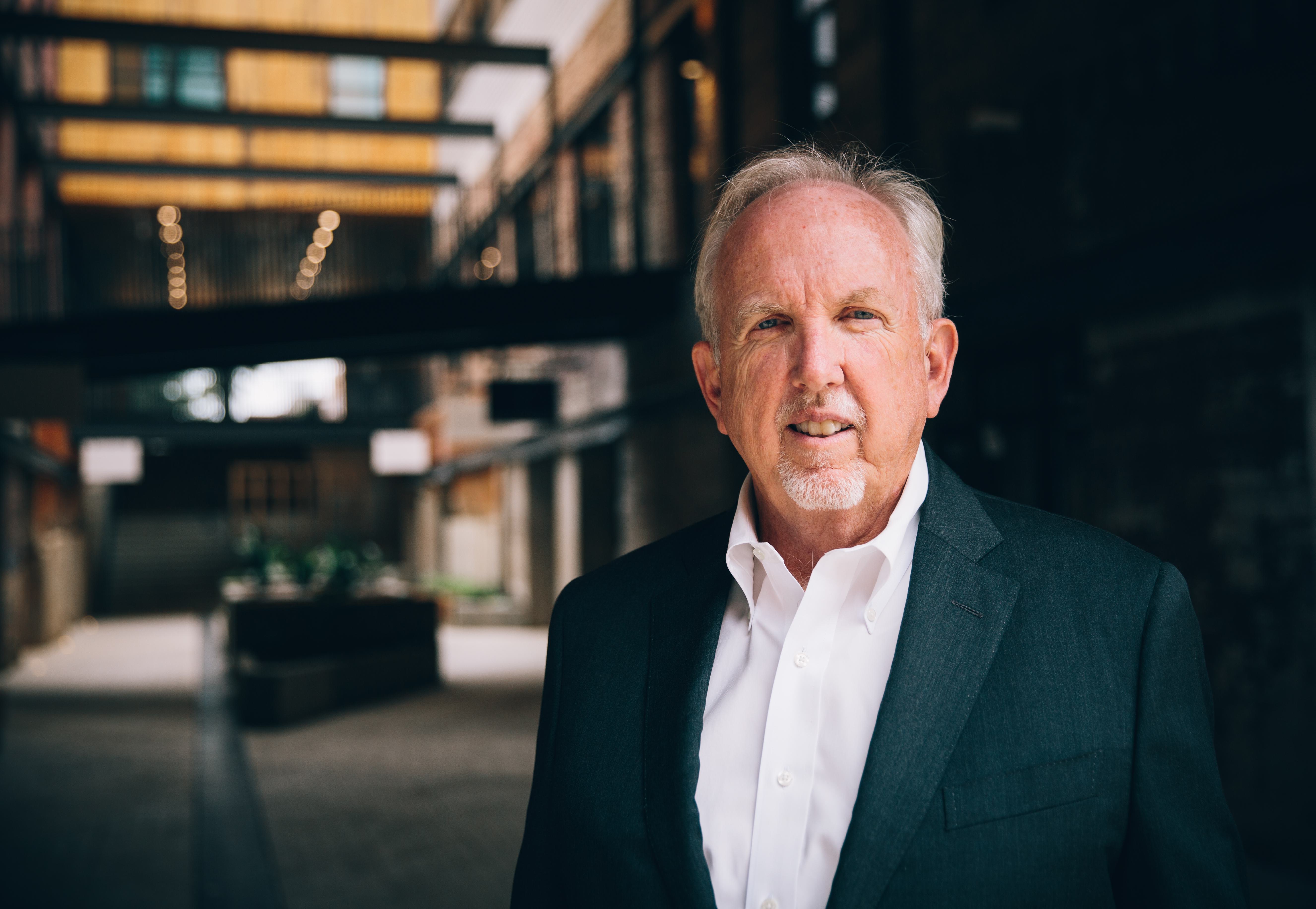There is an old saying that every old journalist knows that goes, "Get it first, but first get it right."
That saying summed up the essence of competitive journalism – be the first to get the story, but before you print the story, be sure what you print is correct.
But a not-so-funny thing happened on the way onto the world wide web of information that we live in. As newsrooms found their readers going more and more to the internet, newsrooms were being left behind for the latest in rumors, conspiracy theories, dire warnings of potential doom, funny pictures and bizarre acts committed by the fringe of humankind.
To compete in that strange new world of seemingly unlimited information, newsrooms became infatuated with “likes” and “clicks” that meant their stories were “trending” to the ultimate goal of going “viral.”
And somewhere along the way, actually reporting news that mattered began to lose out to “news” written with one eye always looking for the greatest social media response. Even routine stories like school board meetings or county commission hearings had to have gasp-inducing headlines highlighting the one bizarre or horrendous comment out of the hundreds offered, or focused on the slightest chance that the latest policy decision could wind up ruining lives and devastating communities if the most inconceivable series of far-fetched events should somehow, miraculously occur.
When a reporter is driven more by metrics than by facts, the result is a severe loss of faith in media. A recent story by Reuters said the United States ranks last in media trust — at 29% — among 92,000 news consumers surveyed in 46 countries. That’s worse than Italy, worse than Columbia, worse than even Nigeria.
And you can see why. The drive for attention has caused many journalists to start with a working hypothesis that they cling to even when the facts prove otherwise. Or, as we have seen in the recent revelation of Katie Couric's intentional edit of an interview with the late Supreme Court Justice Ruth Bader Ginsburg, stories are edited to leave out anything that doesn't conform to the reporters' personal bias.
There is great momentum behind a bad story, and the rush to be first often leads to misinformation being published, causing confusion and sometimes even outrage.
Too many publishers are measuring success by algorithms rather than listening to the people they are supposed to serve. There used to be concept of ‘gatekeeping,’ where journalists selected stories to highlight based on the interests and needs of the audience, lending credibility to stories by determining impact and importance.
If is far more difficult to function as a “gatekeeper” now because of the proliferation of digital information. We are a generation that has access to more information than any generation in the history of the world, but we are also being lied to more than any previous generation. The role of the ‘gatekeeper’ is to build trust with the audience so they know that if you are reporting it, it must be important and the information provided must be true.
Study after study says readers or viewers or listeners feel disconnected from their local media outlets, so more and more they are choosing to simply ignore the diatribes and warnings of journalists who may live in the same city but seem to occupy a different cultural plane.
So how do we get back to “honest” journalism?
By seeking the truth, and letting the facts dictate the story rather than hunting down those quotes and bits of information that appear to validate a preconceived, sure-to-get-attention hypothesis.
I believe that audiences see the difference between properly reported stories and what some refer to as “junkalism” (as opposed to journalism). At one newspaper where I worked, the motto was “Give people light and they will find their way.” The belief was that a properly informed citizenry would make the right choices for their families, communities, state and country. One of my favorite Winston Churchill quotes goes, ‘Americans can always be counted on to do the right thing, after they have exhausted all other possibilities.’ I still believe that to be true.
By doing this, you build trust with your audience. The same Reuters story on lack of trust in media also found that a majority of people said they preferred “a range of views (74%) and neutral treatment of issues (66%) rather than reports that just reinforce their views.”
Trust is often about familiarity. It’s hard to win trust if the audience doesn’t feel connected with the news site, doesn’t feel like the reporters are part of their community and share their values and concerns. Trust is earned by work, by being timely, and being truthful.
I also believe in the old-fashioned value of competition. As we launch 1819 News, I don’t want it to be your only source of news. However, I do hope and believe it will become your most trusted source of Alabama news, investigative reports, features and opinions. If we report it, you can believe that it has been checked, sourced, and that it is being presented honestly, without prejudice.
Legendary newsman Walter Cronkite once said, “We all have our likes and our dislikes. But … it is our duty to make sure our prejudices don’t show. That is simply basic journalism.”
Put another way, clicks, trends and going viral doesn’t last.
Good journalism does.










